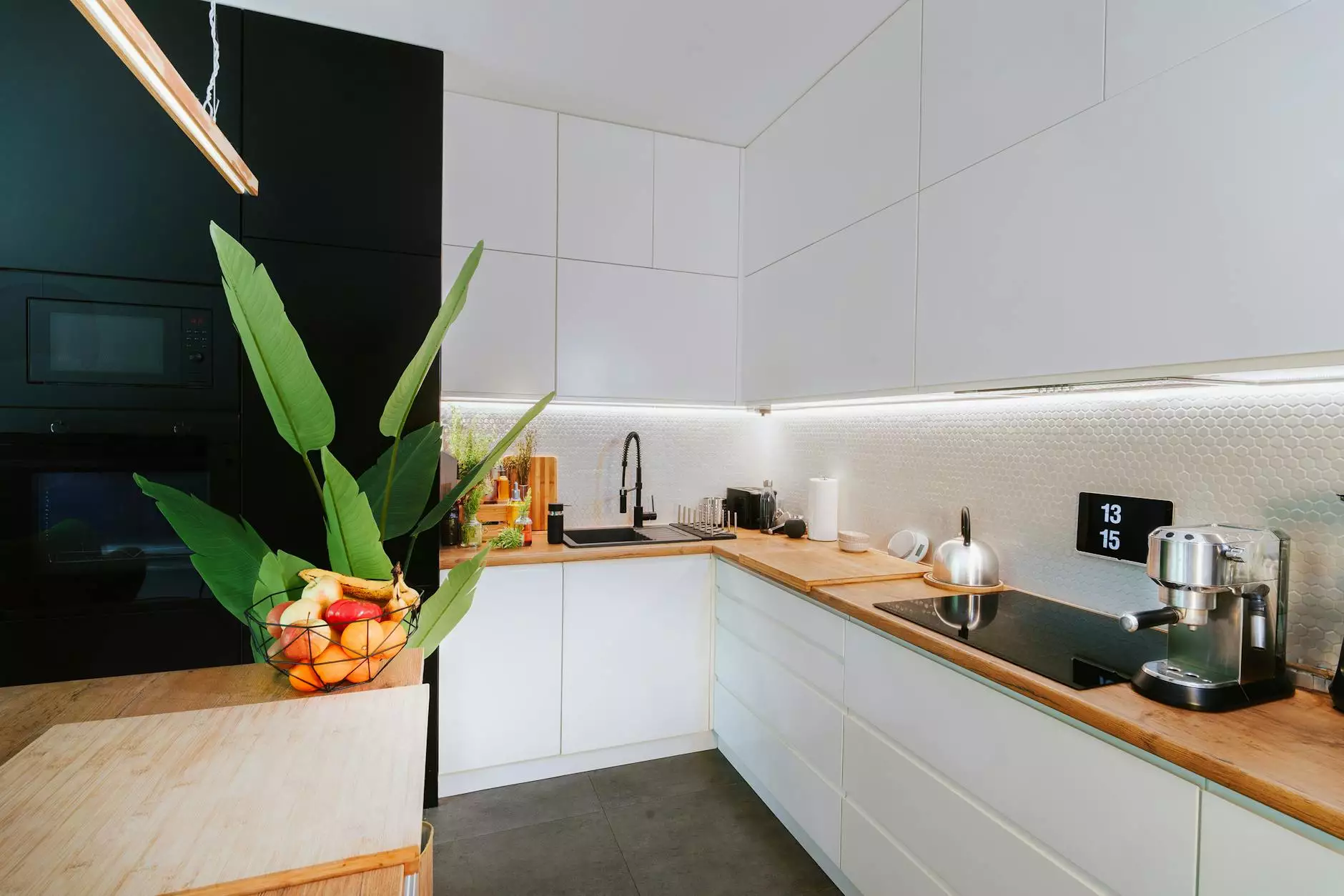What to Look for in a Commercial Lease

When embarking on the journey of establishing or expanding your business, one of the most significant decisions you will face is choosing the right location. A crucial aspect of this decision-making process is understanding what to look for in a commercial lease. A commercial lease is more than just a piece of paper; it is a legally binding agreement that can have lasting implications on your business's success. This article explores the key factors to consider when negotiating and signing a commercial lease.
Understanding Commercial Leases
Before diving into the specifics, it's vital to understand what a commercial lease is. A commercial lease is a contract between a landlord and a business tenant that outlines the terms under which the tenant can use a commercial property. This can include retail spaces, offices, warehouses, and more. Each lease can vary significantly, so being informed is essential.
Key Components of a Commercial Lease
When reviewing a commercial lease, several key components require careful attention:
1. Lease Term and Renewal Options
The lease term defines how long you will rent the space. It's essential to assess your business needs. A longer lease may provide stability, while a shorter lease could give you flexibility in a rapidly changing market. Additionally, renewal options can allow you to extend your lease under predetermined terms—this is critical for ensuring long-term planning.
2. Rent and Other Expenses
Understanding the rent structure is paramount. This involves the base rent along with any additional charges. Common expenses might include:
- Property taxes
- Insurance
- Maintenance fees
- Utilities
It's crucial to clarify whether these costs are included in the rent or are extra, as they can significantly impact your overall budget.
3. Security Deposit
A security deposit is often required when signing a lease. This deposit serves as financial protection for the landlord against potential damages or unpaid rent. Understanding the conditions under which the deposit can be withheld or returned is vital for avoiding any surprises at the end of your lease term.
4. Use Clause
The use clause specifies what activities can be conducted on the premises. As a business owner, you must ensure that the lease allows for the specific activities your business engages in. If your plans evolve and you wish to expand services or products, the lease should permit that flexibility.
5. Tenant Improvements and Customizations
In many cases, businesses need to make tenant improvements to customize the space to suit their needs. The lease should specify:
- What alterations are allowed
- Who is responsible for the costs of improvements
- The process for getting approval for such changes
Understanding these factors will help you avoid conflicts with the landlord and ensure that your business can operate effectively.
6. Maintenance Responsibilities
Clarity around maintenance responsibilities is crucial. The lease should outline who is responsible for repairs and maintenance of the property. This can affect your operational costs and responsibilities significantly, so knowing what you're accountable for will help you in budgeting and management.
7. Default and Termination Terms
Understanding the conditions under which either party can terminate the lease is vital. Look for the default clauses—this often includes what constitutes a breach of contract and the remedies available to both the landlord and tenant. For instance, if you are unable to meet your rent obligations, knowing the potential repercussions can help you prepare for such scenarios.
Navigating Negotiations
Once you have comprehended the elements of the lease, you may want to negotiate terms. Remember, commercial leases are often negotiable, and here are some key points to consider negotiating:
1. Rent Amount and Increases
When it comes to the base rent, always consider negotiating. You might also want to address how and when rent increases will occur. Looking for fixed increases or caps on escalation can make budgeting easier.
2. Flexible Terms
If your business is new or you're uncertain about future growth, negotiating shorter lease terms with options to renew can provide the flexibility needed to adapt as your business evolves.
3. Subleasing Options
Ensure the lease is clear on your ability to sublease the property if necessary. This can provide additional options if you need to downsize or if your business grows unexpectedly.
Legal Considerations
As with any legal document, it's essential to understand the lease fully before signing. Here are some legal considerations to keep in mind:
1. Consultation with Legal Experts
Always consider having a commercial real estate attorney review your lease before you sign. They can help you interpret complex terms and ensure your interests are protected.
2. Local Laws and Regulations
Be aware of local laws and regulations that could impact your lease agreement. Different jurisdictions may have specific laws about commercial leases that you should know.
Conclusion
Understanding what to look for in a commercial lease can make a significant difference in the success of your business. By being thorough in your evaluation of the lease terms and seeking expert advice, you can secure a space that meets your needs and supports your business goals. Remember, a well-negotiated lease can pave the way for a prosperous business future, so take the time to fully understand and negotiate your commercial lease terms!
Final Thoughts
In summary, approaching a commercial lease with knowledge and foresight is crucial. Whether you are just starting or looking to expand, understanding the key components of commercial leases can lead to better decision-making and a clearer path forward for your business.



